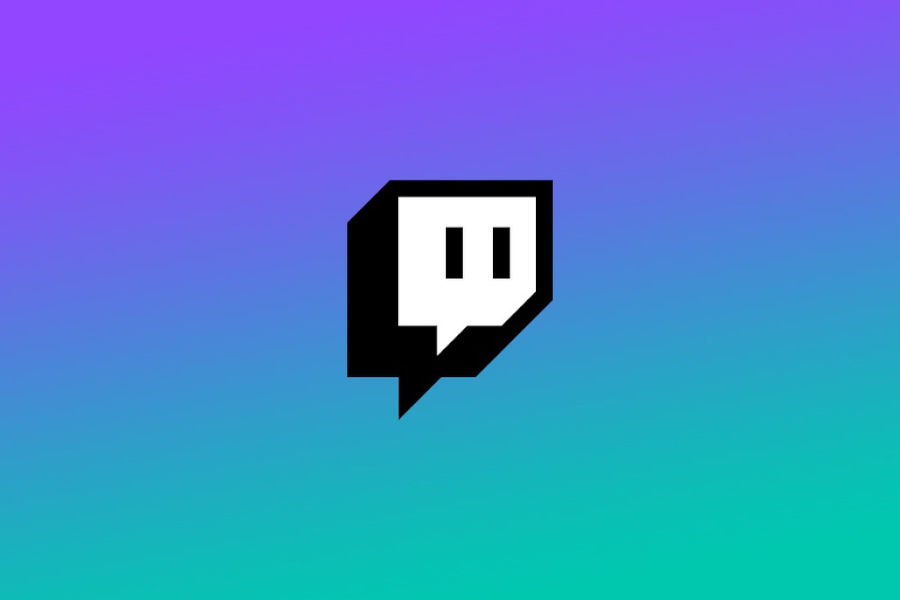Twitch Streamer Hit With DMCA

After it had been delayed by a year due to Covid-19 pandemic, the Tokyo 2020 Olympics is finally back.
Tokyo’s opening ceremony contained several references to video games, including tunes from iconic titles like Dragon Quest and Final Fantasy. Japan is a country that embraces its geek culture. Despite this, the Olympic Committee appears to have been particularly rigorous with their DMCA claims throughout the first half of the Games.
The Digital Millennium Copyright Act, or DMCA, is American legislation that protects intellectual property all around the globe. When it comes to protecting its intellectual property, the International Olympic Committee (IOC) is extremely strict; in 2008, the Committee demanded that YouTube block a video of students protesting on the grounds that it infringed on their copyright.
The dispute has now been carried to the famous streaming site Twitch, with Japanese streamers alleging that they have been banned from the website after streaming in public locations near the Olympic venues.
Kuri, an official Twitch partner, has claimed that two of his friends have been prohibited from streaming live from public streets and parks near the Japan National Stadium, which hosted the Olympic opening ceremony.
Kuri said on Twitter that two of his pals have been banned for streaming in public areas near the Olympics 2021. He also added that one was streaming a flyby from planes in a public park, while the other was outside the stadium. Twitch Support is doing nothing to stop the IOC from violating the DMCA.
The law surrounding DMCA claims arising from public streaming is still murky; the primary issue with the copyright is that the streamers were only streaming in a public location or outside the stadium, not within the Olympic grounds.
Twitch has yet to provide a comment in response to the IOC’s DMCA allegations against Japanese IRL streamers- Japanese streamers are uncertain about what is and isn’t permitted due to a lack of clarity in the community standards.
Twitch does not have the power or competence to make legal decisions on complaints of copyright infringement, according to the official DMCA rules on Twitch’s website.
Twitch has also recently modified its policies on DMCA bans, implementing a strike system that results in a permanent ban after three strikes.
“Strikes are not permanent, but are linked with an account for enough time for Twitch to evaluate if the account user is engaged in recurrent infringement enough that termination is warranted under this Policy,” according to a statement from Twitch.